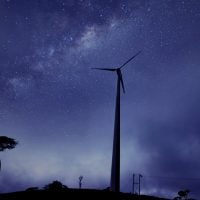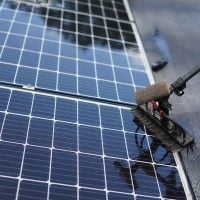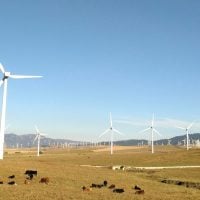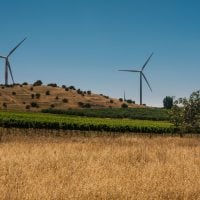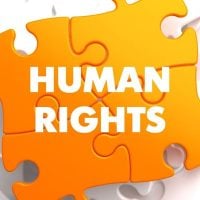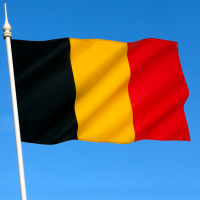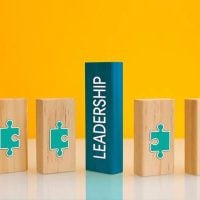Deadline: 31-Aug-2025
UNHCR Bangladesh is calling for Expressions of Interest (EOIs) from organisations interested in implementing formal and higher education programmes for Rohingya refugees. These programmes aim to support education in registered camps and transit centres while creating pathways for higher learning and future reintegration.
UNHCR has been engaged in refugee education in Kutupalong and Nayapara since the 1990s, collaborating with key government ministries. This experience allowed a rapid and effective response after the 2016–2017 refugee influx and enabled expansion to other areas, including Bhasan Char. In recent years, UNHCR and education partners like UNICEF and Save the Children have advocated for formal education policies, resulting in approval for the Myanmar Curriculum in all camps except the registered ones.
From January 2024, Myanmar Curriculum programming was transferred to UNICEF. UNHCR continues to oversee education in the registered camps and transit centres, including lifelong learning linked to higher education access. In 2024, it began implementing the Pearson Edexcel Curriculum in registered camps and also supports the Language, Images, and Analytical Thinking (LIT) programme for adolescents and youth aged 16–24 across all its areas of responsibility.
UNHCR now seeks a partner to build a sustainable education programme that will develop the skills and knowledge of Rohingya refugees for their future—whether in Myanmar, Bangladesh, or a third country. The lack of certification and access to formal education remains a key barrier, especially for youth aged 16–24. The full rollout of the Pearson curriculum by 2028 aims to fill this gap, offering recognized qualifications. However, space constraints and a shortage of qualified teachers, particularly in the English-based Pearson curriculum, continue to challenge implementation.
UNHCR emphasizes the need for professional development for Rohingya teachers and views them as vital to community stability and long-term reintegration. The education partner will be expected to deliver early childhood to secondary-level education and support higher education readiness and access through innovative, community-engaged approaches.
Programmes should ensure quality education for children aged 3–18, covering informal, pre-primary, primary, and secondary education. The early childhood programme will serve 3–4-year-olds and be based on Pearson’s curriculum. Primary and secondary education will be expanded gradually up to Grade 10, with international assessments at key stages.
Teacher training will focus on pedagogy, subject knowledge, and English proficiency. Teachers will receive ongoing professional development, including bi-monthly refresher sessions. The programme will also promote strong community involvement through parent meetings, school committees, and governance structures.
For higher education, the LIT programme will be expanded to equip youth with the academic skills needed for advanced studies. This includes training in language, digital literacy, and critical thinking. Youth will also receive preparation support for admissions tests like IELTS and math assessments. Higher education access will be supported through a blended learning model combining online, group, and in-person sessions.
Community engagement will be reinforced through Education Committees and regular parent meetings, as well as events to share programme progress and encourage collaboration among stakeholders.
The overarching goal is that, by 2029, forcibly displaced people will thrive in empowered communities. The outcome sought is optimal access to education, with key outputs including delivery of primary to secondary education, informal learning, and improved quality and learning outcomes. The programme will be implemented in Chittagong, Bangladesh, with a focus on the education sector.
For more information, visit UNHCR.



